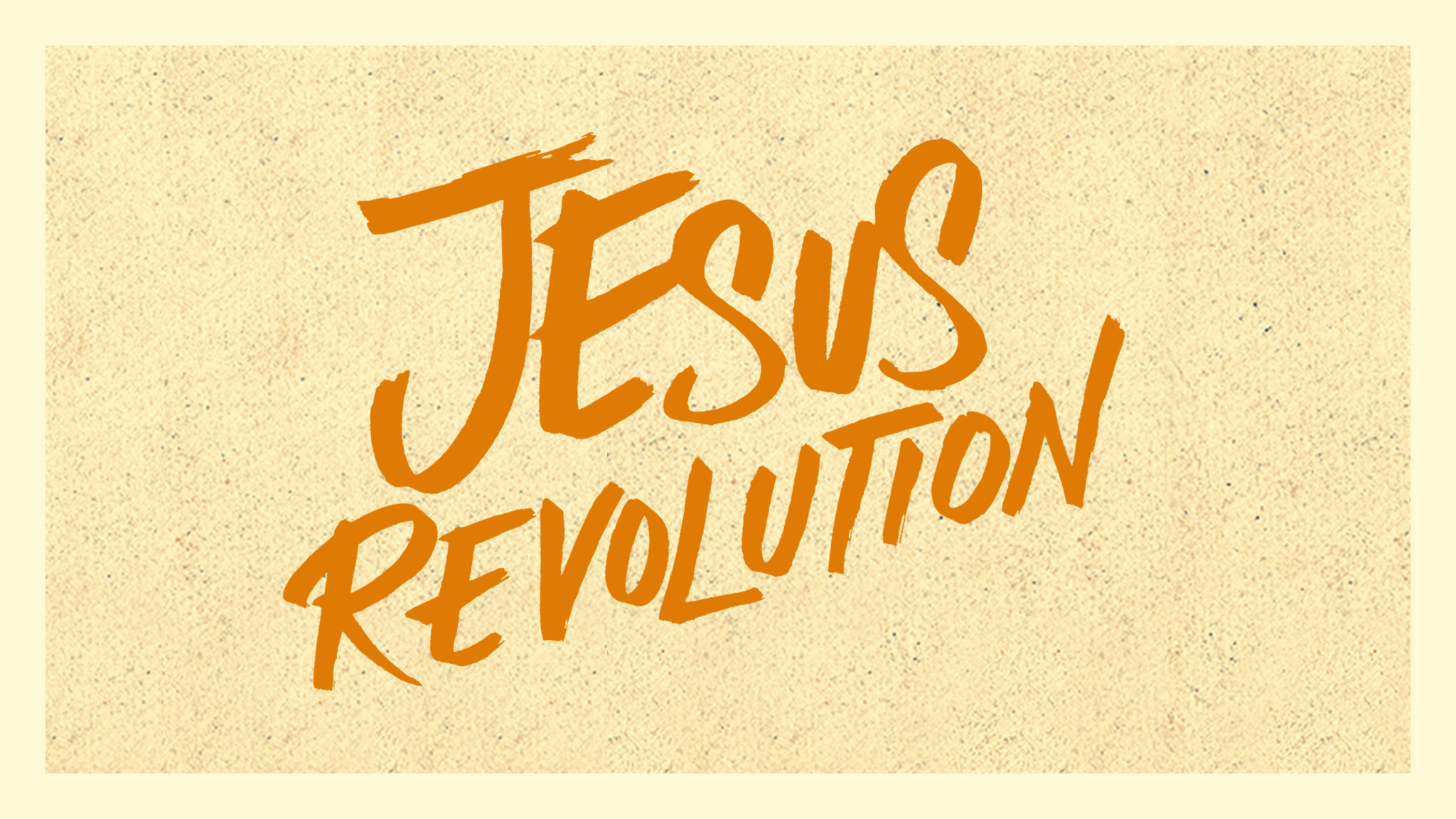Perspectives on "Unorthodox"
Many religious groups have attacked other recently released films and television programs depicting people of religion for misrepresenting them. The program "Unorthodox," for instance, has drawn criticism from the Orthodox Jewish community.
In 2020, "Unorthodox" became a Netflix series. It centers on a lady called Esty who decides to live a secular life after leaving her spouse and the Orthodox Jewish society.
According to Julie Joanes in Forward, the series distorted religious activities by removing them from their proper context. She also expressed regret that the Satmar community's efforts to provide free meals to hospital visitors and guests was not included in the program. She believed that the show was unfair to the neighborhood, where she said that most residents are content to live.
Notwithstanding the criticism the series faced for how it portrayed the Satmar community, the evaluations from reviewers on Rotten Tomatoes were mostly favorable. According to Vogue, "Unorthodox" did include Jewish performers and crew personnel, but it's not known whether anybody from the Satmar group was involved. Although mentioning a former member conducting a tour, Forward omitted to highlight the community's participation.
Evaluations of "Silent"
People of religion gave more mixed to good reactions to another large show. Consider the movie "Silent". The two major protagonists in this Martin Scorsese movie are played by Andrew Garfield and Adam Driver, and it was released in 2016. In the story, they play two Jesuit priests who go to Japan in search of a fellow priest who has gone missing and learn that Catholics in that country experience severe discrimination.
According to the National Catholic Register, some Japanese Catholics were upset with the movie's sympathy for Catholics who chose not to suffer martyrdom. Deacon Steven D. Greydanus and other Catholics gave the movie good reviews.
The movie wowed John Anderson from America Magazine. He described it as one of the most intellectually and spiritually demanding films that a major company has ever produced. He remarked on how meticulously and thoroughly the movie handled religion. In this instance, active Catholics took part in the production and development of the movie.
Expressing religion in entertainment may be challenging
Of course, the stories behind "Jesus Revolution," "Unorthodox," and "Silent" are all distinct. The themes of "Jesus Revolution" and "Quiet" deal with conversion and preserving faith in the face of persecution, while "Unorthodox" shows someone leaving the Satmar community.
It might be difficult to accurately represent a religious group through entertainment. Since each tradition has its own symbolism, what religious people see as sacred and holy often makes little sense to those outside the religion when it is shown in the media. More is at stake in how a religious community is portrayed the smaller it is, since for some viewers, it will be their first or only contact with the group.
Although not all people of religion are alike, basic tendencies may be seen at the same time. People of faith seem to prioritize treating their religion fairly, including those who are actively involved in the community, and enabling the group to maintain certain parts as sacred and holy.
Hence, it's possible that this explains why "Jesus Revolution" is doing better than expected in its box office debut. As the bulk of entertainment in the Christian category is often less expensive, it lacks the sparkle and glamor associated with expensive Hollywood productions. For content production, it does create some challenges.
Even though "Jesus Revolution" had a smaller budget and some of the same issues, it was nonetheless successfully completed. Although the film doesn't preach to you, it does motivate you. "Jesus Revolution" is a movie that is for everyone, as Roumie previously said. Similar to "The Chosen," it is conveying a wonderful narrative even if it is about religious people. It has some substance.













